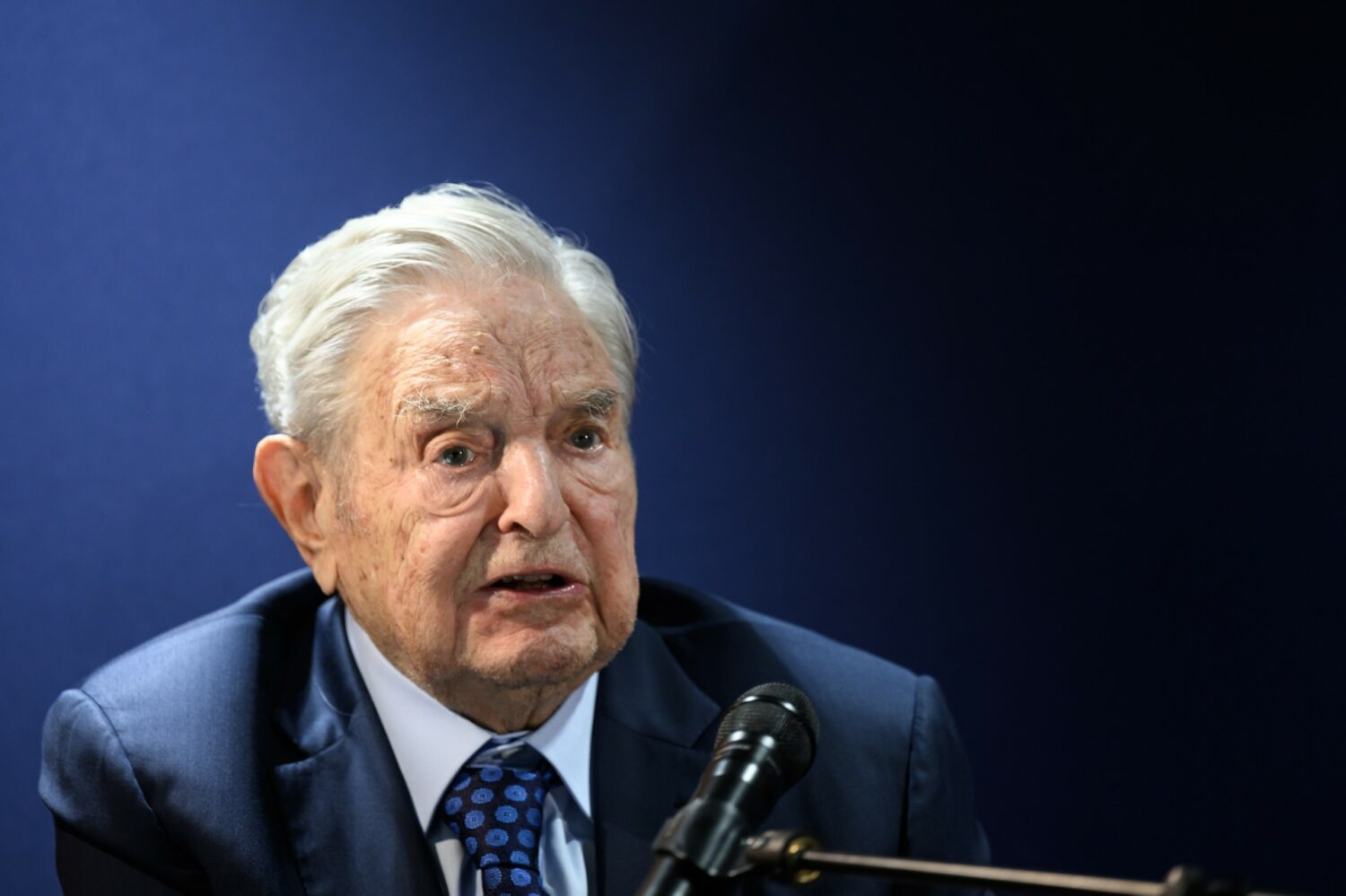NEW YORK, US – Billionaire investor George Soros had handed over control of his US$25 billion empire to his younger son Alexander Soros – aka Alex.
There were doubts in the market that George Soros, who is 92, will ever give up control in his lifetime, according to a report published in the Wall Street Journal.
Alex, who is 37, has been quoted by WSJ saying that he would carry forward his father’s support of liberal agenda in the US politics along with liberal campaigns elsewhere in the world.
Alex recently met with Biden administration officials, Senate Majority Leader Chuck Schumer, and heads of state, including Brazil’s President Luiz Inácio Lula da Silva and Canada’s Prime Minister Justin Trudeau to advocate for issues related to the family foundation, according to the report.
Soros’s nonprofit Open Society Foundations, known as OSF, directs about $1.5 billion a year to groups such as those backing human rights around the world and helping build democracies, the report said.
In December last year, the OSF board elected Alex as its chairman, replacing his father. Alex also now directs political activity as president of Soros’s super PAC.
The younger Soros is the only family member on the investment committee overseeing Soros Fund Management, the firm that oversees money for the foundation and the family.
Most of its $25 billion will be directed to OSF in the years ahead, according to a Soros spokesman.
About $125 million has been set aside for the super PAC – a fund for US Democratic party, reported the US business newspaper.
According to the report, George Soros built his fortune in the 1970s and 1980s as a pioneering hedge-fund manager who placed wagers in global stock, bond and currency markets based on his forecasts of economic and political shifts.
He made investments after sifting through a web of information, including intelligence from a network of political and business contacts.
A single bet that the British pound would fall in 1992 yielded his fund more than $1 billion in gains.

